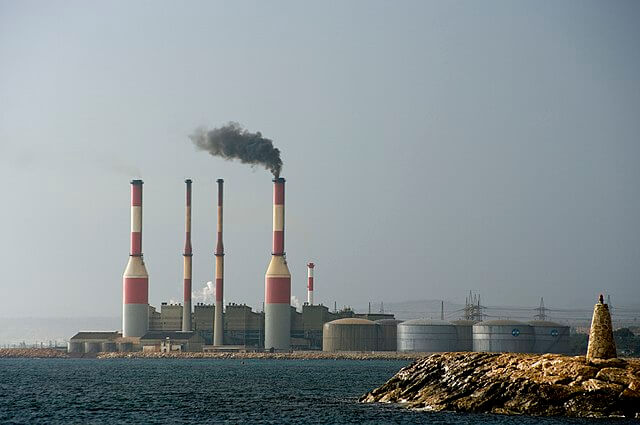
New research emphasises the urgent need for accelerated efforts in multiple sectors to avert the severe consequences of climate breakdown.
The State of Climate Action 2023 report reveals that the current pace of phasing out coal, reducing deforestation, and expanding global public transport is insufficient, hindering progress toward greenhouse gas emission reduction goals.
Despite advancements in renewable energy and the adoption of electric vehicles, countries are lagging behind in crucial policies necessary to curb emissions, heightening the challenge of limiting global temperature rise to 1.5C above preindustrial levels.
The report outlines key recommendations to address this shortfall, including the retirement of approximately 240 average-sized coal-fired power plants annually until 2030, the construction of public transport systems equivalent to three New York cities each year, and the cessation of deforestation happening at a rate equivalent to 15 football pitches every minute.
To meet the 1.5C target, the report underscores the necessity of increasing the growth rate of solar and wind power from 14% to 24% per year. Moreover, it urges a reduction in meat consumption from ruminants like cows and sheep to approximately two servings per week in high-consuming regions by 2030.
Sophie Boehm, research associate at the World Resources Institute and lead author of the report, said: “Global efforts to limit warming to 1.5C are lacklustre at best. Despite decades of dire warnings and wake-up calls, our leaders have largely failed to mobilise climate action anywhere near the pace and scale needed. Such delays leave us with very few routes to secure a liveable future for all.”
She added: “There’s no time left to tinker at the edges. Instead, we need immediate, transformational changes across every single sector this decade.”
Concerns are raised regarding the persistence of public funding for fossil fuels, despite commitments made at Cop26 in Glasgow two years ago. Numerous countries, including the UK, continue to expand fossil fuel production and offer increased subsidies and tax breaks for the industry.
The report notes a significant rise in fossil fuel subsidies following Russia’s invasion of Ukraine in 2022, reaching the highest levels in almost a decade.
While some positive developments are noted, such as the tripling of electric vehicle sales since 2020, the overall assessment of 42 indicators reveals limited progress in aligning with the necessary emission reduction trajectory compared to 1990 levels.
The report emphasises that swift, decisive action is crucial to avoid the prospect of failing to stay within the 1.5C limit.
The International Energy Agency estimates that if countries fulfil their carbon reduction pledges, global heating will still reach around 1.7C above preindustrial temperatures. However, the report highlights a critical gap between stated goals and effective policy implementation.
Razan Al Mubarak, the UN high-level champion on climate change, calls for a reassessment of global policies, underscoring the need for all countries to intensify their efforts in the face of the looming climate crisis. “World leaders must recognise the insufficient progress to date and chart a path forward that builds on the successes we are seeing. This moment should serve as a springboard for accelerated actions,” she said.
——————————————————————————
At Natural World Fund, we are passionate about stopping the decline in our wildlife.
The decline in our wildlife is shocking and frightening. Without much more support, many of the animals we know and love will continue in their decline towards extinction.
When you help to restore a patch of degraded land through rewilding to forests, meadows, or wetlands, you have a massive impact on the biodiversity at a local level. You give animals a home and food that they otherwise would not have had, and it has a positive snowball effect on the food chain.
We are convinced that this is much better for the UK than growing lots of fast-growing coniferous trees, solely to remove carbon, that don’t actually help our animals to thrive.
This is why we stand for restoring nature in the UK through responsible rewilding. For us, it is the right thing to do. Let’s do what’s right for nature!
Donate today at https://naturalworldfund.com/ and join in the solution!

